Everett Osborne is Hollywood’s next leading man! Talks new lead role in feature film Sweetwater
Everett Osborne is the next big thing in Hollywood. In the film Sweetwater, he transmits emotions and ideas with his eyes and subtle body language in a particular and unique way. Everett displayed why he was suited for the position, from his forceful approach to his ability to grab the ball like Sweetwater. When I asked Everett about the film and the chance, he exuded delight and reverence as he talked about morphing into Sweetwater and giving the picture justice. I’m happy for him because this is his first lead in a feature film.
Cox: Everett Osborne I simply wanted to mention that you did an outstanding job as Nat “Sweetwater” Clifton in Sweetwater. One thing that struck me was how you used your eyes to communicate the narrative.
Osborne: First and foremost, thank you for hosting me; it is truly an honor. And the fact that you told me that meant a great deal to me. Someone said it to me last night during a movie screening, and it reminded me of a moment in high school when someone said my eyes were their favorite feature of mine. So, your response takes it all full circle for me, and it’s nice to hear that from a cinematic standpoint.
Cox: I believe you did a fantastic job throughout the film leveraging your eyes and body language because there were several instances when those subtleties communicated the genuine tale and drew us in even more as audience members. In my opinion, it’s a tribute to you as an actor and your devotion to the art.
Osborne: I couldn’t go overboard as the first African American to get an NBA deal since he wasn’t that way in real life. This is the guy who introduced disruption and innovation to the professional basketball game. He forever altered the way the game was played. He underwent this subtextual trip, encountering prejudice and discrimination. The truth would be told in the eyes of anyone going through what he did.

Cox: I realize this is a pivotal moment in your career. What is it like to play the lead and represent a renowned figure?
Osborne: It’s a true honor. It’s a privilege to be able to enter a position and an environment where I can fully express the extent of my God-given talents. I’ve worked so hard to hone my acting abilities that this part allowed me to put them all to use. Whether you are an artist or not, we all want to be able to express ourselves through our skills.
Cox: How did you feel about taking on the role of Sweetwater? What did you do to prepare?
Osborne: You know, this job took me on a journey. I had to submit and release myself to the character. That is something that every actor does while stepping into a role. I pushed Everette Osborne aside and immersed myself in Nathaniel “Sweetwater” Clifton’s world. I mean, I had to absorb everything about him and go through it both on and off the court. I had to let go of whatever preconceived views I had about basketball or what was going on at the time.
In terms of preparation, I conducted an extensive study. I just had a couple of days to prepare before shooting, so I conducted as much research as I could. During my investigation, though, I came across a great movie about the two random filmmakers who shot Sweetwater while he was driving a cab in Chicago later in life. This was just by chance, and it was great because they had this genuine dialogue where I could see how Sweetwater spoke.
Cox: You remarked that something in that video stuck out to you.
Osborne: The element that jumped out the most was his saying that the NBA didn’t see everything he could do on the basketball floor. That phrase spoke to me because it is similar to what we discussed before about having abilities and talents but not being able to fully express them. In this world, we yearn to totally express ourselves. And you must have thought he was the finest player in the world back then, working tirelessly to get the Harlem Globetrotters to where they were and defeating the world champion Los Angeles Lakers.

Cox: When you were learning about Sweetwater, what jumped out to you as an individual?
Osborne: You have genuine vocal strength. He was the type of person who relied on his intrinsic principles when the world told him he didn’t have any. He was bold in this way, speaking up despite the fact that the country’s situation was not favorable. He was forceful and spoke up for himself as well as the people around him.
Cox: This film takes place in a period that some believe is past us. What are your views after portraying a character situated in that era in comparison to where we are now as a society?
Osborne: First and foremost, I believe films like these are vital because we must avoid repeating history. They shed light on our origins. Understanding our history provides us with much-needed insight into where we are now. I believe that seeing initiatives like these helps us connect the dots on what’s going on right now and, ideally, helps us reroute ourselves so that we do something else. Remember that history repeats itself to some extent, even when people believe it does not.
I believe we are in a better place as a society, but we aren’t all that far off from where we were back then. This film depicts the possibilities we have if we work together and act out of love rather than fear. Throughout the film, you can see how fear motivates people to oppress others. And there are still many individuals who are oppressed or feel oppressed to some extent today.
The film is about Sweetwater’s narrative, but it is also one of the impacts and developments from which we continue to benefit today. It demonstrates what we can do when we work together.
Cox: This was a challenging film for you as an actor, especially as the lead. Everyone was looking at you. What have you learned about yourself as an actor as a result of this experience?
Osborne: I was thinking of Sweetwater as you posed this question. Even though he wasn’t constantly at the pinnacle of his profession, he was always preparing for it and living it. He imagined himself at that level. That describes me as an actor and as a person.
I think that you receive what you prepare for because you see yourself at different stages of life. This is what drew them to you. I learned the benefits of this by having a greater degree of self-awareness and faith in what I’m intended to do. So, I believe I landed this position because I was at the level, I had envisioned for myself. It was just my turn to take the lead.
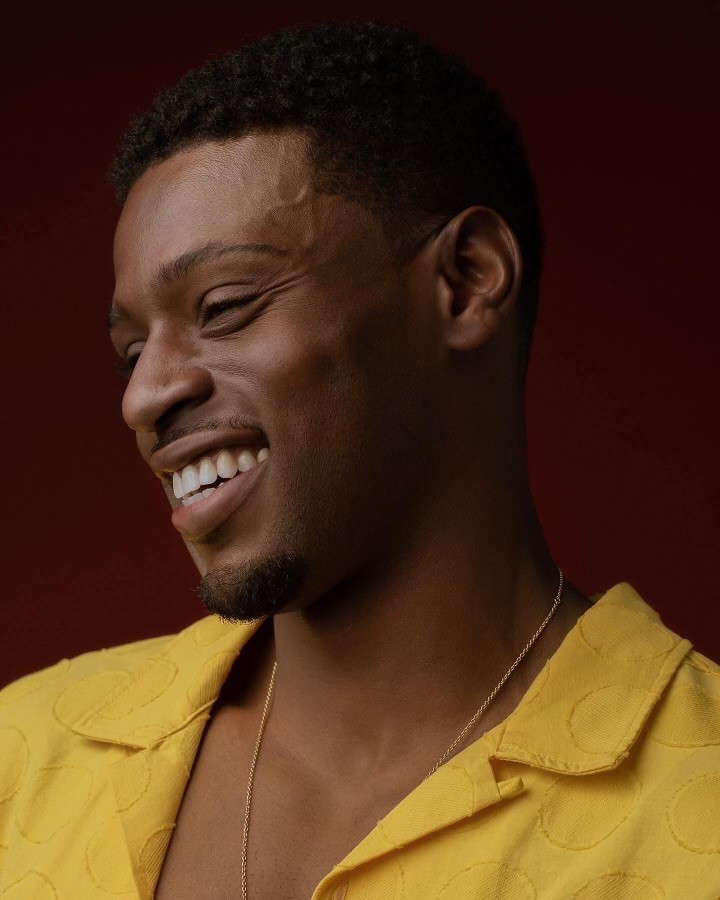
In my opinion, nothing happens by coincidence. Preparation leads to possibilities, which is what keeps me motivated to stay in this field.
Cox: Before we wrap up, I have one last question. You’ve reached a new stage in your acting career. What did you discover during this process that you believe would be useful for other performers to know?
Osborne: Everything we see comes from somewhere we can’t see. If an actor is in a scenario where their surroundings are telling them they aren’t enough, they must reach deeper within themselves and see beyond that. Every human being has the capacity to change their result if they sincerely believe in it and work hard enough.
I realize it might be difficult at times, but you must adjust your mentality and resist thoughts of concern or inadequacy. We are far more powerful than we realize. I understand how difficult it can be at times, since when you audition for something and don’t get it, the person who did it is practically in your face on the TV. However, you must remember to separate from it and not place personal worth in it. That’s when you start to feel inadequate in this field.
You must recognize the opportunity in your own circumstances, regardless of whether you received the callback or not. It is your own point of view that restores your strength.
Cover Photo Credit: EKEOBONG
Portrait Photography Credit: Tyree Harris


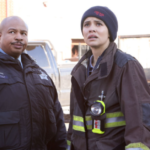

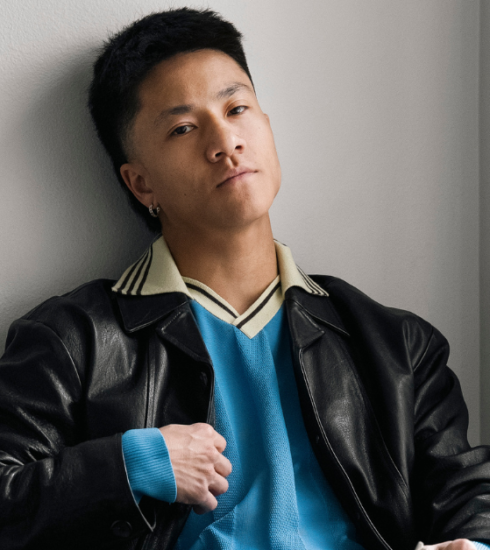
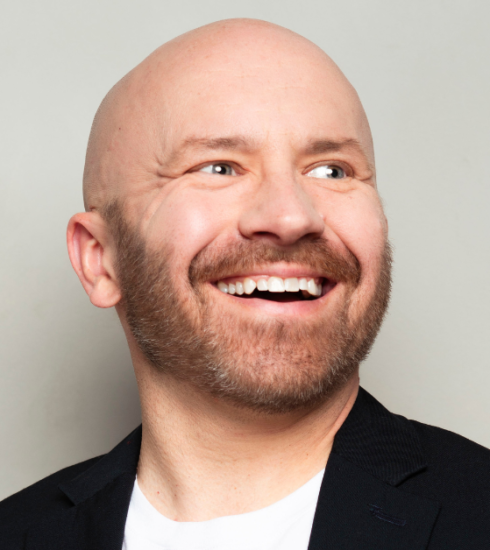
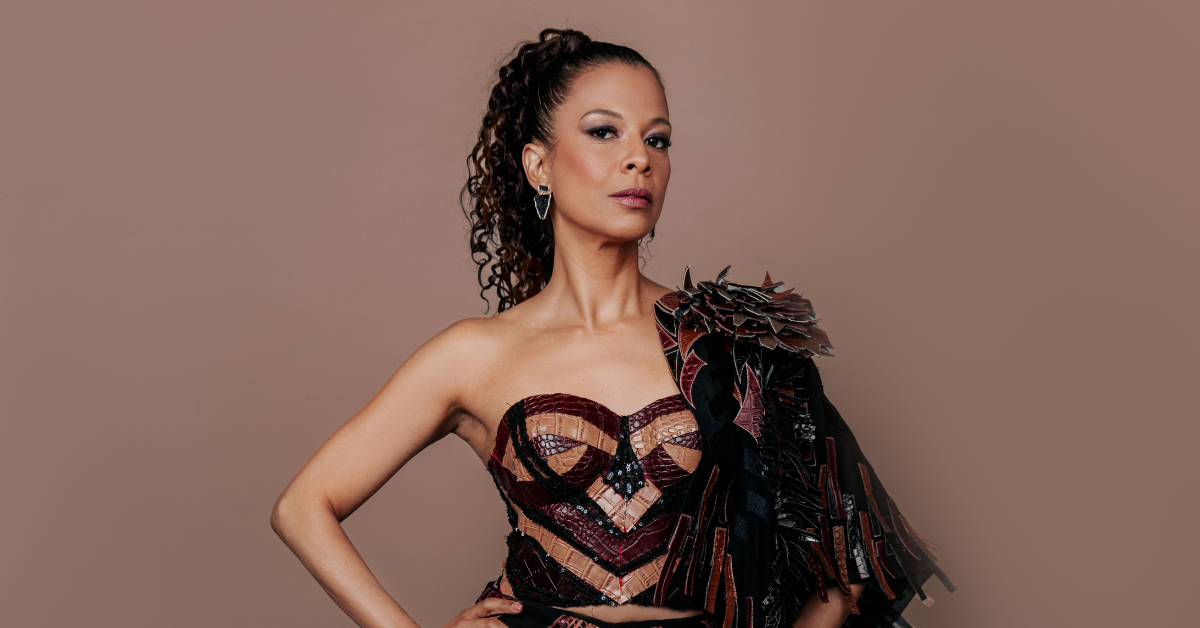
Jillian Smith
1 year agoExcellent article & introspection. I look forward to your career as you are a star. ⭐️